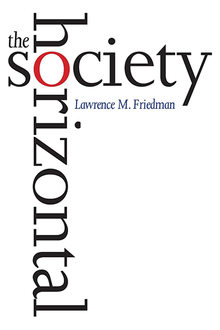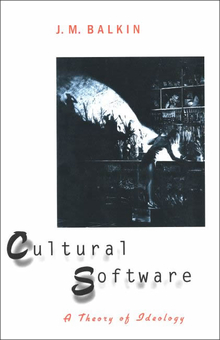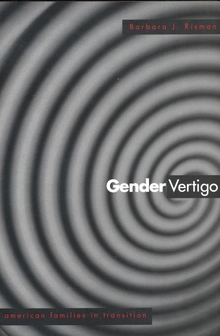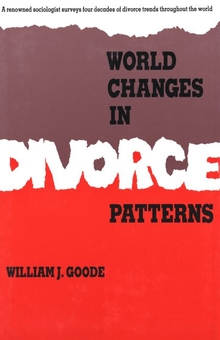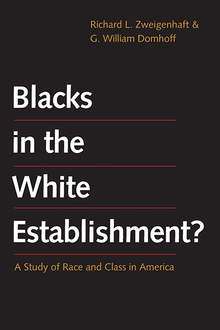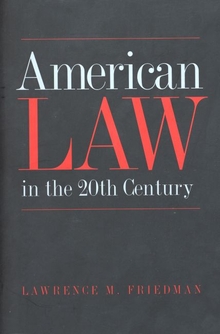The Horizontal Society
WARNING
You are viewing an older version of the Yalebooks website. Please visit out new website with more updated information and a better user experience: https://www.yalebooks.com
Lawrence M. Friedman
Friedman examines how modern life centers on human identity seen in terms of race, gender, ethnicity, and religion, and how this new way of defining oneself affects politics, social structure, and the law. Our horizontal society, he says, is the product of the mass media—in particular, television—which break down the isolation of traditional life and allow individuals to connect with like-minded others across barriers of space and time. As horizontal groups blossom, loyalties and allegiances to smaller groups fragment what seemed to be the unity of the larger nation. In addition, the media’s ability to spread a global mass culture causes a breakdown of cultural isolation that leads to more immigration and heavy pressure on the laws and institutions of citizenship and immigration.
“[A] thoughtful . . . consideration of modern society. Friedman . . . casts a wide net, factoring in historic, social, racial, political, ethnic, religious, and technological concerns in describing the ‘horizontal,’ choice-filled society that has supplanted the more traditional ‘vertical’ society that once prevailed. . . . Friedman is both erudite and somewhat folksy, moving with ease from well-documented discussions of topics like celebrity status to rights and their lineage to the language issue, giving this book both popular and scholarly appeal.”—Ellen Gilbert, Library Journal
"I find this a thoughtful, stimulating, and well-written book. In short, it is typical of Friedman’s work."—Kenneth L. Karst, UCLA School of Law
"[A] useful book. . . . Friedman is onto something important."—Todd Gitlin, New York Times Book Review
"Friedman . . . offers some fresh insights into marriage, nationalist and ethnic strife, class and debates over affirmative action and language. . . . He closes with a sobering look at the downside of global mass culture—shallow consumerism, rootlessness, worship of empty success, atomization of millions of isolated individuals."—Publishers Weekly
"Lawrence Friedman’s work is always interesting to read. In The Horizontal Society, he has produced what might be best described as a meditation on modernity. . . . The book is an analysis of the implications of this restructuring of society . . . The Horizontal Society develops this argument over nine chapters that combine history, law, and rumination. . . . Friedman does not have any clear answers to the question of where we should seek to go to get out of the prisoners’ dilemma we have created for ourselves. He does, however, provide a powerful portrait of that dilemma. As one would expect, this book is a lively read; it would be a great book to use in an undergraduate liberal arts course where the goal is to get students thinking and talking about the world in which they live and about the dilemmas that their generation faces."—Herbert M. Kritzer, Law and Politics Book Review
"[Friedman] examines how modern life center on human identity in terms of race, gender, ethnicity, and religion, and how this new way of defining oneself affects politics, social structure, and the law. . . . All levels." —Choice
“The Horizontal Society will be of great interest to scholarly analysts of contemporary society and also to the general adult reader. It is very well written, compelling, and highly accessible. . . . Friedman has produced a text that is wise, thorough, balanced, comprehensive, and timely.”—Joseph C. Bertolini, Perspectives on Political Science
“This is a book that will receive a good deal of attention; it is very well written, uses interesting examples, and interprets rather heavy academic concepts in a lively way.”—Rhoda E. Howard-Hassmann, Annals of the American Academy of Political and Social Science
Publication Date: July 22, 2014

